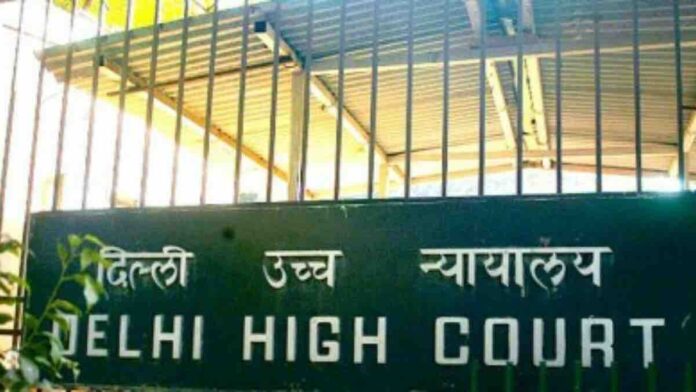The Delhi High Court on Friday said it would hear next week a petition challenging the constitutional and legislative validity of the Information Technology Amendment Rules, 2023, relating to online gaming.
A bench of Chief Justice Satish Chandra Sharma and Justice Sanjeev Narula asked Additional Solicitor General (ASG) Chetan Sharma to assist the court in the matter and listed it for consideration on July 13.
The plea said the rules seek to create a framework for regulating online gaming, including online real money games, by classifying them as “intermediaries” under the Information Technology Act, 2000.

The rules also seek to impose several due diligence requirements and compliances such as Know Your Customer (KYC) verification, appointment of grievance redressal and nodal officers, taking registration and membership of Self Regulatory Body (SRB), and tasks these SRBs with certifying certain categories of online real money games as permissible online games, it said.
The public interest litigation filed by NGO Social Organisation for Creating Humanity (SOCH) said the Information Technology (Intermediary Guidelines and Digital Media Ethics Code) Amendment Rules are beyond the legislative competence of the Union government, and the Constitution gives exclusive powers to states to legislate on “gambling and betting”.
The petitioner NGO was represented through advocate Akshat Gupta.
“Several states have already enacted their own laws relating to online gaming and gambling, with some states outrightly banning the activity while a few states have regulated some online gaming and games. The central government’s enactment of rules has led to regulatory confusion and a dual set of laws relating to online gaming and presently, there is no clarity on whether central or state laws should be followed with respect to online gaming,” the plea, filed through advocate Sakshi Tikmany, said.
The petition said Rule 4 of the IT Rules insofar as it outsources regulatory powers of the state to SRBs, which would be financed by online gaming companies with a vested self-interest in the regulation of the community, is “wholly irrational, arbitrary and violative of Article 14 of the Constitution”.
“The government cannot abdicate its role of overseeing and monitoring of the online gaming sector and outsource its responsibility to private bodies,” it said.
It said there should not only be effective control and regulation of online games and gambling or betting activities but there should also be an effective mechanism for such regulatory measures.
Also Read
The plea alleged that the rules neither conform to the constitutional provisions nor are effective to control online gaming activities which are growing in an “untrammeled manner at an explosive pace”, especially after lockdowns and the Covid pandemic.
“Therefore, the exercise of power by the respondent (central government) in this manner, to enact and notify the Impugned Rules, which are ex-facie ultra vires the Constitution and the IT Act is against public interest, and a drain on the public exchequer, whilst, failing to effectively tackle the menace of online gambling, which has engulfed the nation’s youth,” it said.







